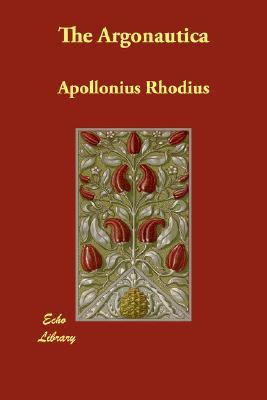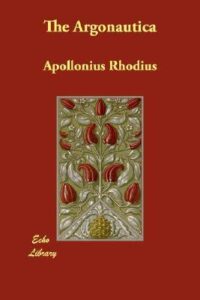BOOK I
byBook I opens with urgency as the companions of Heracles surge out from the gates of the city, each one stirred by the disappearance of the youthful Hylas. The crowd does not pause—neither elder nor youth stays behind—so strong is their drive to find the missing boy. Their journey leads them to Artacia, a spring known to the Mysians for its clear water gushing from the stone, a place both beautiful and mysterious. It is here that fate appears to intersect with myth, for searchers speak of nymphs seen wandering the glade, clad in robes that shimmered like moonlight. Heracles, filled with worry, questions them with hope and dread, describing Hylas in tender detail—his bronze pitcher, his youthful features still touched by childhood. But the villagers can only offer signs and stories, their eyes holding memories but no certainty. Heracles groans in despair, his strength helpless against loss.
Though known for his might, Heracles is here portrayed as vulnerable, undone not by battle but by absence. His grief over Hylas reveals a softer side of the famed hero, showing that even the strongest are powerless before love and longing. Hylas, a squire and companion, is more than a mere attendant—his presence meant companionship, trust, and affection, which no deed of strength can replace. That Heracles searches so frantically speaks to a bond deeper than duty, forged in shared paths and silent understanding. The spring becomes more than a location—it’s a symbol of innocence stolen away by the capriciousness of nature, or perhaps, by the will of beings far older than men. The villagers’ account of nymphs near the water’s edge suggests enchantment, a realm where mortals disappear into legend. And though Heracles listens, it is not answers he receives, but silence cloaked in suggestion.
This event leaves a lasting mark on the voyage of the Argonauts, as Heracles—so vital, so central—chooses to part ways with the expedition. His decision stems not from duty, but sorrow, for the loss of Hylas alters his course forever. The Argo sails on without him, its journey now missing one of Greece’s greatest warriors, all due to a moment that was quiet, sudden, and entirely human. In myth, departures often come with fanfare, but here, the leaving is filled with emptiness. Heracles does not rage; he simply disappears from the tale, his legacy tied not to conquest, but to heartbreak. And through this, the story broadens its theme: heroism is not only about conquest, but about love that risks everything and endures loss.
The scene also serves a deeper narrative function—it reminds readers that even divine strength cannot conquer all. Heracles’ struggle is internal, and it’s one that many overlook in mythological storytelling. Loss, especially when sudden and unexplained, is a theme that transcends time, resonating with anyone who has ever waited for someone who never returned. The myth of Hylas speaks to the tension between the mortal and the divine, where beauty can be both a blessing and a curse. If indeed the nymphs took him, it wasn’t with cruelty—it was enchantment, a pull too strong for the boy to resist. For Heracles, the punishment is being left behind with unanswered questions and an empty place at his side.
In examining this tale, we also uncover a cultural lesson rooted in ancient Greece. Water sources, particularly springs like Artacia, were often associated with spirits or deities, places of mystery and reverence. The blending of real geography with divine myth helped ancient people understand the unexplainable, and gave spiritual weight to everyday landmarks. The encounter with the nymphs illustrates how nature and myth coexisted in Greek imagination—an untamed world, alive with forces that didn’t always favor mortals. For the Argonauts, the journey was never only about reaching a destination—it was about facing the unpredictable currents of both sea and fate. And in this case, those currents took a friend, a companion, and changed a hero’s story forever.
Though brief, the disappearance of Hylas is one of the most emotionally resonant moments in the Argonautica. It shifts focus from heroic battles to the tender reality of loss, proving that mythology is as much about the soul as it is about strength. Heracles, often cast as a titan of power, is here remembered as someone who once searched for a boy with a bronze pitcher, whose absence broke his heart. That memory, subtle and unresolved, lingers longer than many of the battles fought or monsters slain. Through this, the myth asks a powerful question: what are we without the people who walk beside us? In Book I, that question echoes through the forest, over the spring, and all the way back to the sea.


